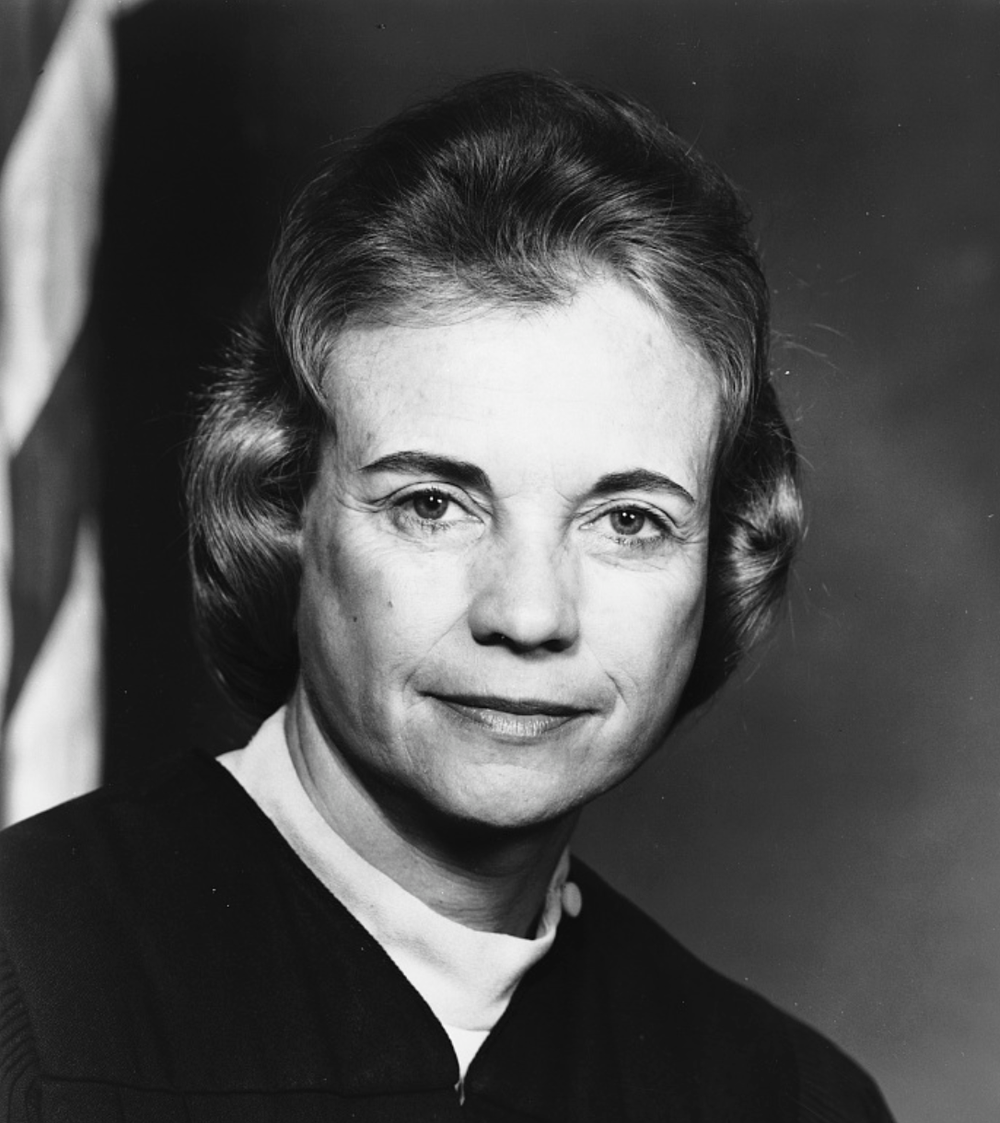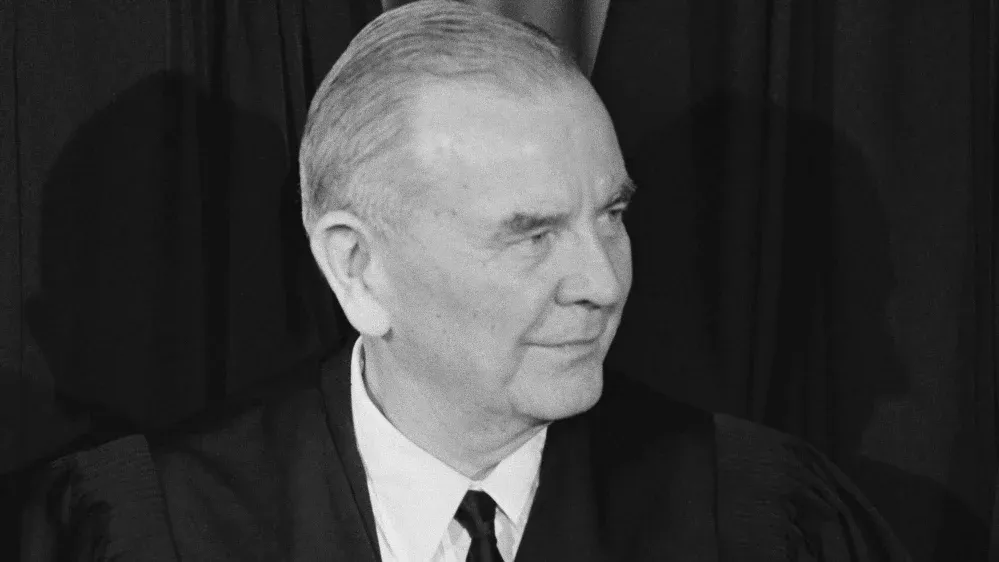As the first woman to serve on the U.S. Supreme Court, Justice Sandra Day O'Connor broke significant barriers. But her legacy extends far beyond her historic appointment. Known for her pragmatism and often serving as the swing vote, O'Connor's opinions reflected a unique blend of moderation and principle. With the help of Etalia.ai's intricate search capacities, we delve into some of Justice O'Connor's most influential decisions.
Planned Parenthood v. Casey (1992) - Affirming a Woman's Right
While the Court's opinion in this case was jointly authored, O'Connor's influence was evident. Casey reaffirmed the fundamental holding of Roe v. Wade that women have a constitutional right to abortion. However, it also allowed for some state regulations, emphasizing the "undue burden" standard, which O'Connor had advocated for in earlier decisions.
Grutter v. Bollinger (2003) - Endorsing Affirmative Action
In this pivotal case, the University of Michigan Law School's affirmative action policy was under scrutiny. O'Connor, writing for the majority, upheld the use of race as one of many factors in admissions, asserting that educational institutions have a compelling interest in promoting diversity.
Missouri v. Jenkins (1995) - Balancing Judicial Remedies and Local Control
Addressing the complex issue of desegregation, O'Connor's opinion for the Court expressed respect for local control over educational decisions while also emphasizing the role of federal courts in ensuring that remedies to constitutional violations are implemented. The case showcased her commitment to balancing federal oversight with respect for local and state autonomy.
Hamdi v. Rumsfeld (2004) - Safeguarding Due Process
In this post-9/11 case, O'Connor penned the plurality opinion which held that U.S. citizens detained as enemy combatants must have a meaningful opportunity to challenge their detention. Her famous assertion, "A state of war is not a blank check for the President when it comes to the rights of the Nation's citizens," underscores her dedication to protecting constitutional rights, even in challenging times.
Arizona v. Evans (1995) - Navigating the Exclusionary Rule
While the case focused on the exclusionary rule and evidence obtained through police errors in record-keeping, O'Connor's opinion for the majority highlighted the importance of balancing the benefits of deterring police misconduct against the costs of letting guilty defendants go free.
Conclusion
Justice Sandra Day O'Connor's jurisprudential approach often prioritized the practical implications of the Court's decisions on everyday Americans. Her opinions, which frequently bridged divides and facilitated compromise, solidified her reputation as a consequential moderating force on the Court.
For scholars, lawyers, or anyone interested in an intricate exploration of O'Connor's nuanced perspectives, Etalia.ai provides a deep, AI-powered journey into her contributions to U.S. Supreme Court history.








